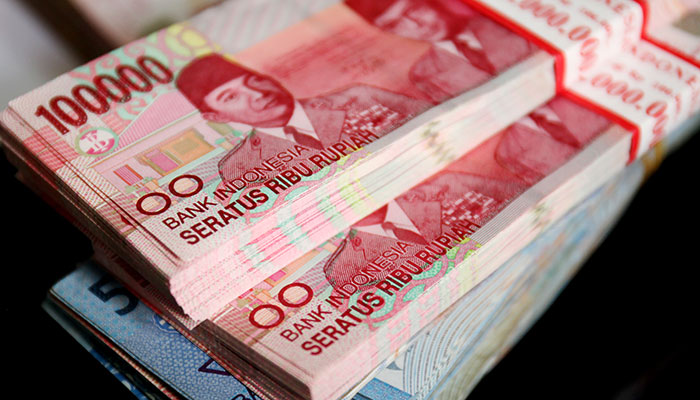The scheme, which opened in July 2016 and closes at the end of this month, encouraged both individuals and companies with undisclosed assets to come forward by waiving duties and sanctions and offering preferential tax rates.
The majority of Indonesia’s 255 million people, at both ends of the income spectrum, remain outside the tax system, and those that are registered (27 million) rarely pay what they owe in full (reportedly as few as 1 million people did in 2014).
This has left the country with a tax-to-GDP ratio among the lowest in the world – 10.8%. The government is targeting an increase of this ration to 15%, which would take it to just above the global average but still well below that of the OECD (34.4%).
Last year, tax collection fell short of target by 18% ($17.6bn). Amid a widening budget deficit, Indonesia is hoping a boost to revenues would ease budget pressures and help bankroll an infrastructure drive.
The amnesty scheme targeted both domestic and foreign assets. In total over $342bn worth were declared – more than one third of the country’s GDP.
Most – $254.4bn – were onshore, while $76.8bn were held abroad. Another $10.9bn are due to be repatriated as a result of incentives offered under the scheme.
The results surpassed government targets and netted around $2.3bn for public coffers. However the government had hoped to accrue $12.4bn in new revenues in the first nine months, mainly through the repatriation of offshore assets, which was expected to be around four times the amount currently due to be returned under the scheme.
Speaking at the G20 meeting in Baden Baden over the weekend, the country’s finance minister, Sri Mulyani Indrawati, emphasised the need for substantial global cooperation on tax avoidance and evasion.
She highlighted that one third of the assets declared under the scheme came from overseas. This showed the extent to which Indonesia’s tax base is exposed to tax avoidance schemes that take advantage of a perforated and mismatched global tax architecture, the minister said.
International agreements to automatically exchange tax information and ensure fair rules will soon mean there is “no longer a safe place” for tax avoiders anywhere in the world, she said. The country plans to take advantage of these tools to “reduce the room” for tax dodgers to hide their cash across borders.
Indonesia is also considering a number of domestic measures to broaden the tax base and improve collection. These include establishing a single taxpayer number for all individuals and using third-party data, for instance from banks, to help identify cases of tax evasion.
At the same time, however, the government has announced plans to cut corporate tax rates to compete with neighbouring countries like Singapore, which levies firms at just 17%.














